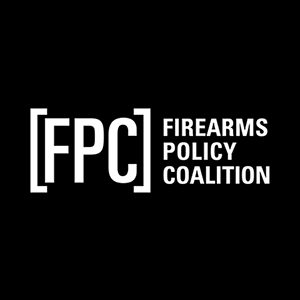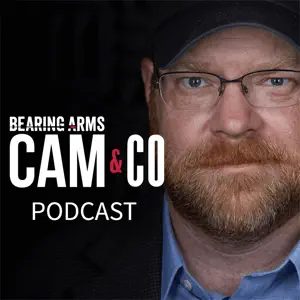
In layman’s terms: The U.S. Court of Appeals for the Second Circuit, which covers New York, Connecticut, and Vermont, has ruled that nonviolent felons have no Second Amendment rights. This conflicts with the recent ruling out of the Third Circuit which opined the nonviolent felons do have Second Amendment rights.
The U.S. Court of Appeals for the Second Circuit has ruled against a nonviolent felon challenging the Constitutionality of a federal gun control law, creating a circuit split, a situation that often tracks an issue towards the Supreme Court.
In the case, Zherka v. Bondi, the United States Court of Appeals for the Second Circuit, in a unanimous decision by a three-judge panel (Judges Newman, Lynch, and Perez), upheld the law, finding that the prohibition on nonviolent felons possessing firearms is consistent with the Second Amendment (18 U.S.C. § 922(g)(1)).
Salem Zherka, the plaintiff, was convicted of serious fraud charges in 2015 and jailed for 37 months. He argued that his nonviolent offenses should not strip him of his Constitutional right to bear arms.
The court acknowledged that Zherka, as an American citizen, is part of “the people” protected by the Second Amendment, rejecting the government’s argument to the contrary, but then it concluded that historical laws from the English, colonial, and early American periods provide sufficient precedent for disarming certain groups.
English, American colonial, and early American histories abound with examples of laws demonstrating that legislatures had broad authority to regulate firearms, including by disarming large classes of people based on their status alone. Religious minorities, political dissenters, Native Americans, and persons of color were among the disfavored groups that historical legislatures disarmed based on a perception that persons in those categories were inherently dangerous or non-law-abiding. (Document 195-1, Page 38)
The ruling creates a split in that it conflicts with the Third Circuit’s decision in Range v. Attorney General, where the court held that § 922(g)(1) was unconstitutional as applied to a nonviolent felon convicted of a minor offense, finding no historical basis for permanently disarming such individuals.
“It’s a pretty good opinion from a three-judge panel except, of course, they got the result wrong,” said Mark Smith of Four Boxes Diner in his YouTube breakdown of the decision.

















